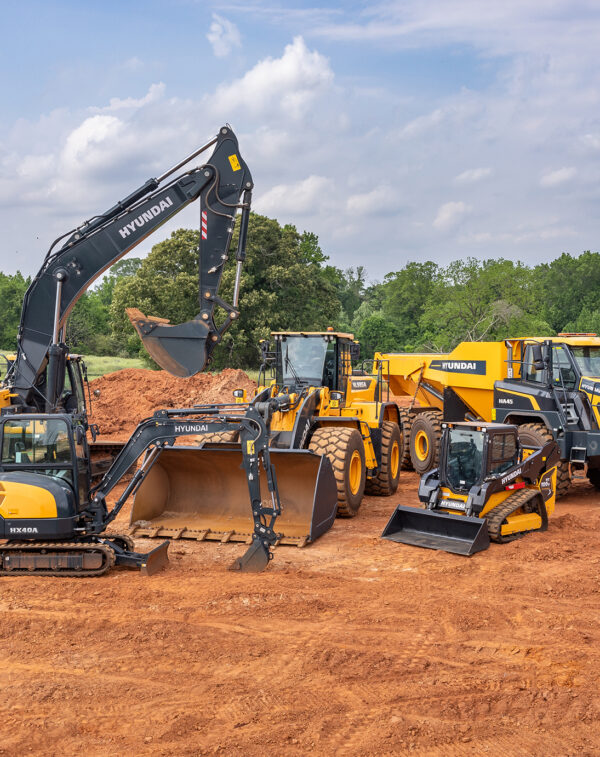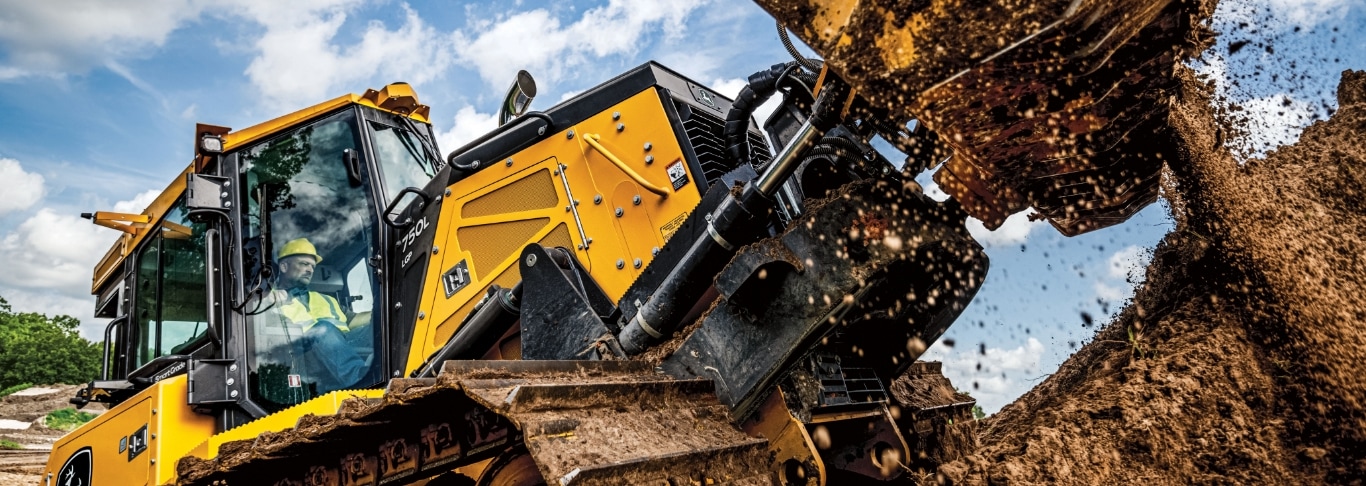Boom Lift Rental in Tuscaloosa, AL: Discover Inexpensive Options for Your Tasks
Wiki Article
Checking Out the Financial Conveniences of Leasing Construction Tools Compared to Possessing It Long-Term
The decision in between leasing and possessing construction tools is crucial for financial administration in the market. Renting out deals prompt cost savings and functional flexibility, allowing firms to allot sources extra effectively. Recognizing these subtleties is necessary, specifically when considering how they straighten with certain job needs and economic approaches.
Cost Contrast: Leasing Vs. Having
When evaluating the monetary effects of having versus leasing construction equipment, a detailed cost comparison is vital for making notified decisions. The choice in between possessing and renting out can substantially influence a business's profits, and comprehending the linked costs is essential.Renting building and construction equipment normally involves lower in advance costs, allowing organizations to assign resources to various other operational requirements. Rental costs can accumulate over time, potentially exceeding the expenditure of ownership if devices is needed for an extended period.
On the other hand, owning building tools requires a considerable first financial investment, together with ongoing expenses such as insurance, financing, and devaluation. While ownership can result in lasting financial savings, it additionally locks up funding and may not give the very same level of versatility as renting. Additionally, possessing equipment necessitates a dedication to its application, which might not constantly align with project demands.
Eventually, the choice to lease or possess ought to be based upon a detailed evaluation of particular job requirements, financial capability, and long-term critical goals.

Upkeep Costs and Responsibilities
The selection between leasing and having building and construction equipment not only involves financial factors to consider but likewise includes continuous maintenance expenses and responsibilities. Owning devices requires a significant dedication to its maintenance, which consists of regular examinations, repair work, and prospective upgrades. These responsibilities can swiftly accumulate, bring about unexpected prices that can stress a spending plan.In comparison, when renting out equipment, upkeep is usually the duty of the rental company. This arrangement permits contractors to prevent the monetary worry related to wear and tear, in addition to the logistical obstacles of scheduling repairs. Rental contracts frequently include stipulations for maintenance, indicating that contractors can concentrate on finishing jobs rather than fretting about tools problem.
Additionally, the varied variety of tools available for lease makes it possible for firms to select the most recent designs with innovative innovation, which can boost effectiveness and performance - scissor lift rental in Tuscaloosa, AL. By going with leasings, companies can prevent the lasting responsibility of tools depreciation and the linked maintenance headaches. Inevitably, examining maintenance costs and obligations is crucial for making a notified choice about whether to own or rent building devices, significantly affecting general job costs and functional effectiveness

Devaluation Influence On Ownership

A substantial variable to consider in the decision to have building and construction devices is the influence of devaluation on overall ownership costs. Devaluation represents the decrease in value of the devices in time, influenced by variables such as use, wear and tear, and developments in innovation. As equipment ages, its market value lessens, which can significantly affect the proprietor's monetary setting when it comes time to trade the tools or market.
For construction business, this depreciation can equate to significant losses if the devices is not used to its max capacity or if it comes to be out-of-date. Owners AL have to represent devaluation in their monetary forecasts, which can cause higher general expenses compared to leasing. In addition, the tax ramifications of devaluation can be complicated; while it might supply some tax benefits, these are typically countered by the fact of reduced resale worth.
Inevitably, the worry of depreciation stresses the importance of understanding the long-lasting financial commitment involved in possessing building tools. Companies must very carefully evaluate exactly how commonly they will use the equipment and the prospective monetary influence of depreciation to make an informed choice about possession versus renting out.
Monetary Adaptability of Leasing
Renting construction devices supplies substantial economic flexibility, allowing firms to allocate sources more effectively. This adaptability is specifically crucial in a market defined by changing job needs and differing work. By deciding to rent, businesses can avoid the substantial capital expense required for buying tools, preserving cash money flow for other functional needs.Additionally, leasing devices allows firms to customize their equipment selections to details project requirements without the lasting commitment linked with possession. This means that companies can quickly scale their tools stock up or down based upon awaited and present job requirements. As a result, this adaptability reduces the threat of over-investment in machinery that may become underutilized or out-of-date with time.
One more monetary advantage of renting is the potential for tax benefits. Rental settlements are commonly thought about operating budget, enabling immediate tax obligation reductions, unlike depreciation on owned equipment, which is topped numerous years. scissor lift rental in Tuscaloosa, AL. This immediate cost recognition can additionally boost a company's cash money setting
Long-Term Job Factors To Consider
When evaluating the lasting requirements of a construction organization, the choice in between renting and having equipment comes to be more complicated. For tasks with extended timelines, purchasing devices might appear useful due to the capacity for lower overall expenses.The building and construction sector is developing quickly, with new equipment offering enhanced performance and safety and security attributes. This adaptability is especially useful for companies that deal with varied jobs requiring different kinds of tools.
Additionally, economic stability plays a critical role. Having tools usually involves substantial capital expense and depreciation worries, while leasing enables for even more foreseeable budgeting and money circulation. Ultimately, the choice in between possessing and renting must be lined up with the strategic purposes of the building business, taking into consideration both current and awaited project needs.
Conclusion
In verdict, renting building and construction devices supplies considerable monetary advantages over long-lasting ownership. The minimized ahead of time costs, elimination of upkeep obligations, and avoidance of devaluation contribute to improved cash flow and economic flexibility. scissor lift rental in Tuscaloosa, AL. In addition, rental settlements work as prompt tax obligation deductions, even more benefiting specialists. Ultimately, the decision to rent out instead of very own aligns with the dynamic nature of building jobs, permitting adaptability and access to the most up to date devices without the economic worries connected with possession.As tools ages, its market worth lessens, which can significantly influence the proprietor's financial placement when it comes time to market or trade the equipment.
Renting out construction tools provides significant financial versatility, permitting firms to allot resources extra successfully.In addition, renting out tools enables business to customize their devices selections to details job demands without the lasting commitment associated with possession.In verdict, leasing construction devices uses substantial monetary benefits over lasting possession. Ultimately, the decision to rent out rather than very own aligns with the dynamic nature of construction tasks, enabling for flexibility and accessibility to the most current devices without the economic burdens connected with ownership.
Report this wiki page